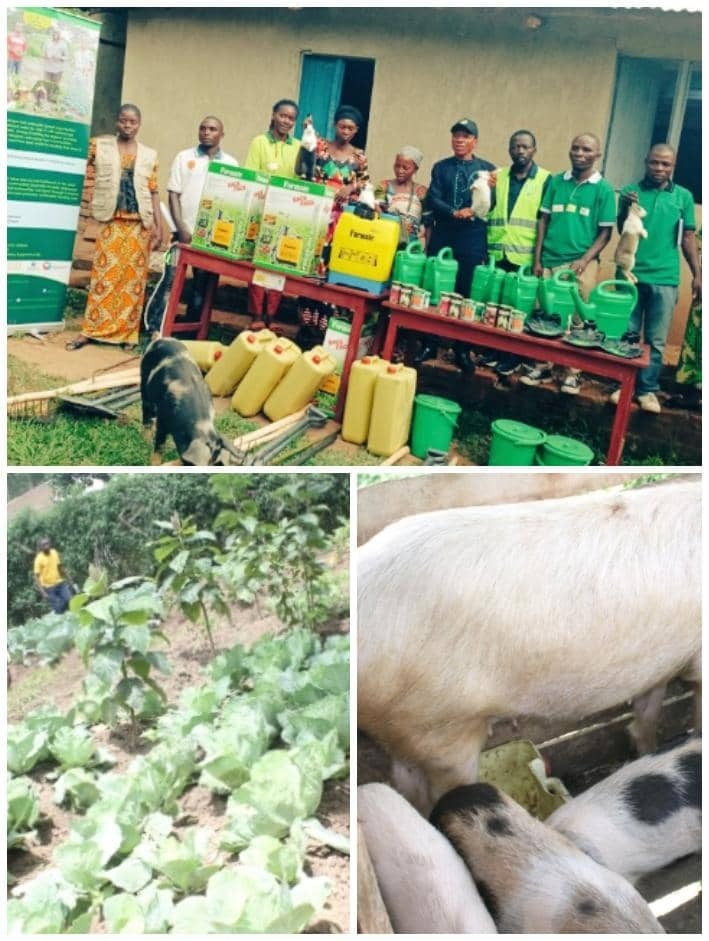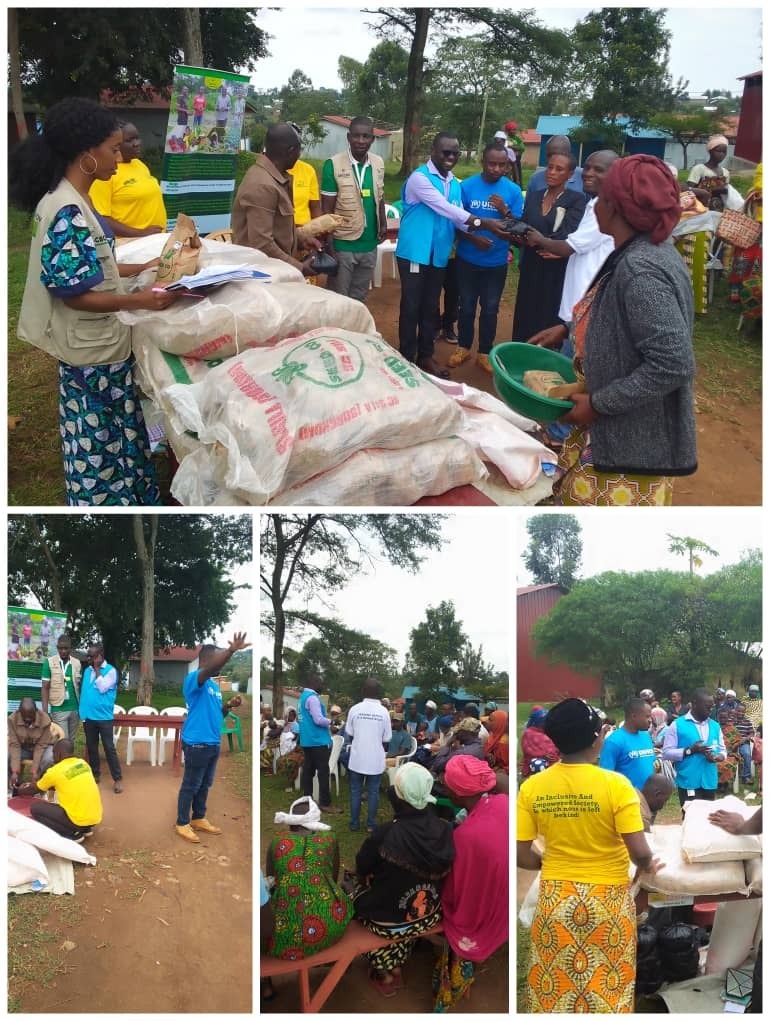To enable a better future and livelihoods through quality and inclusive education, environmental, livelihoods and economic activities
An inclusive and empowered community, in which none is left behind.
- Opportunity International
- Cohere
- Yield Harvest Uganda
- Breweries Uganda Limited
- Challenge Fund for Youth Employment ( CFYE)
- Global wellbeing fund ( GWF)
- OSF
- LWF
- Youth Assembly for Peace and Integral Development
Cohere
Contact Person: Bukengere Morris
Contact Email: bukengeremorris@afidug.org
Second Contact Person: DICAS JACQUES
Secondary Email: jacquesdicas87@gmail.com
Additional location: Through our associate partners within other refugee settlements based in Uganda
Gallery
Explore gallery


